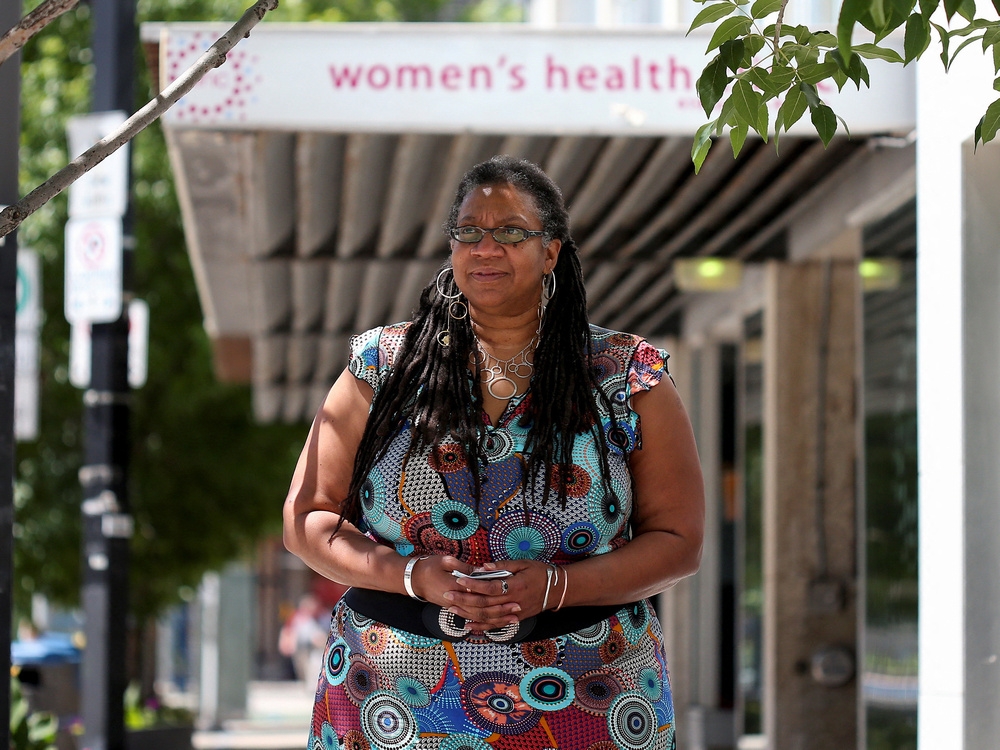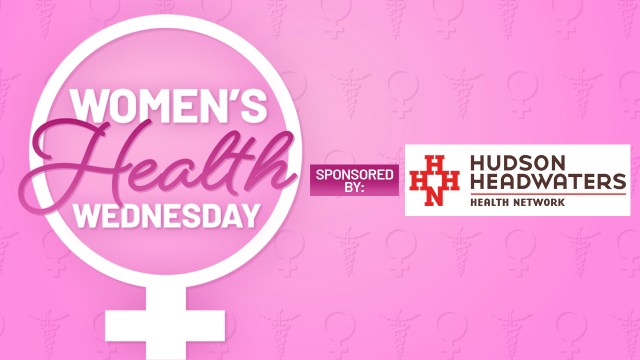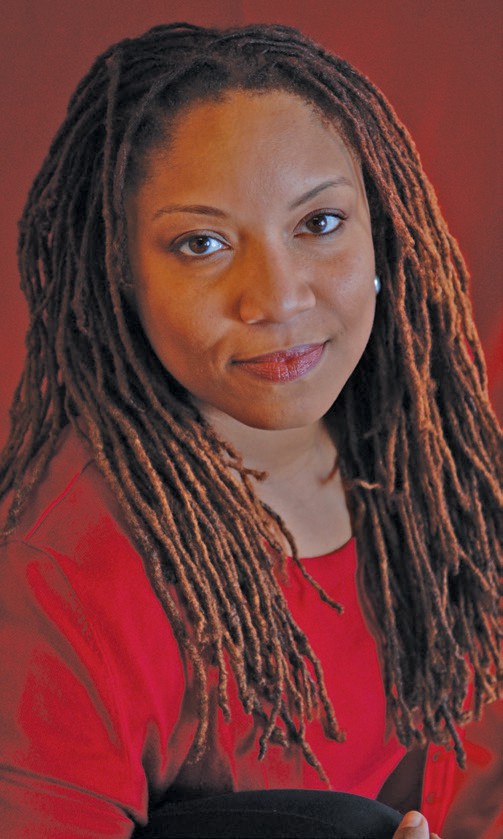
Article content
The Women’s Health Clinic executive director is extremely disappointed and angered by North Dakota’s decision to ban abortion after six weeks effective immediately.
Article content
North Dakota’s Republican Gov. Doug Burgum signed a bill on Monday outlawing abortion in the state with exceptions in the first six weeks of pregnancy for cases of rape, incest, and medical emergencies. After six weeks, only certain medical emergencies, such as ectopic pregnancies would qualify for legal abortions. It is one of the strictest abortion laws passed in the United States.
Article content
“(Our feelings) run the gambit: shock, disappointment, anger,” said Kemlin Nembhard, speaking at a Zoom press conference after WHC issued a release Wednesday slamming North Dakota’s decision. “But I think also (we feel) worry and fear for the people who are seeking abortions and won’t be able to get them and what they may end up turning to now that it is severely restricted in North Dakota.
Article content
“The reality is that most people don’t know they’re pregnant before six weeks so limiting to anything after six weeks effectively means you’re restricting abortion care almost entirely.”
Nembhard said WHC already sees patients from North Dakota as well as from across Manitoba, Saskatchewan, Northwestern Ontario and even Nunavut. After Roe v. Wade was overturned last summer by the U.S. Supreme Court, the state’s only abortion clinic moved operations to Moorhead, Minn.
“I worry about what options people will have to turn to in North Dakota now that they’ve restricted it so much,” said Nembhard, who worries that the ban will especially affect those without the economic means to go where the procedure is legal. “I also worry about what the broader impact will be in other states but also here in Canada because the truth is that sort of rhetoric has an impact here in Canada, and it creates a chilling climate not just for people who are seeking care but also for those who are providing the care.”
Article content
Earlier this month, Idaho became the first state to criminalize helping a minor get an abortion in another state, with persons convicted facing two to five years in prison.
WHC provides abortions up to 16 weeks while HSC Women’s Hospital and Brandon Regional Health Centre are up to 19 weeks plus six days, according to a provincial spokesperson. These sites will also provide Mifegymiso, or medical abortion to patients up to nine weeks. Patients who are past 19 weeks are sent out of province.
The province funds WHC for 1,600 abortions annually and currently the clinic performs 25-30% more abortions than are funded each year, said Nembhard. The additional abortions are funded largely through donations.
“It is a worry but I think it’s a worry that’s already been in the system,” said Nembhard, when asked if an influx of North Dakotans will overwhelm the system. “It’s something that at this point is not going away. Across the country, we need to have abortion care better funded.”
“Ultimately, it makes the best sense economically for our health care system (to have better access to abortion),” she added. “It also makes the best sense for individuals to be able to have access to abortion care that’s properly funded so that you can have abortion care right in your community or as close to your community as possible. That is what makes the most sense.”
gdawkins@postmedia.com
Twitter: @SunGlenDawkins







